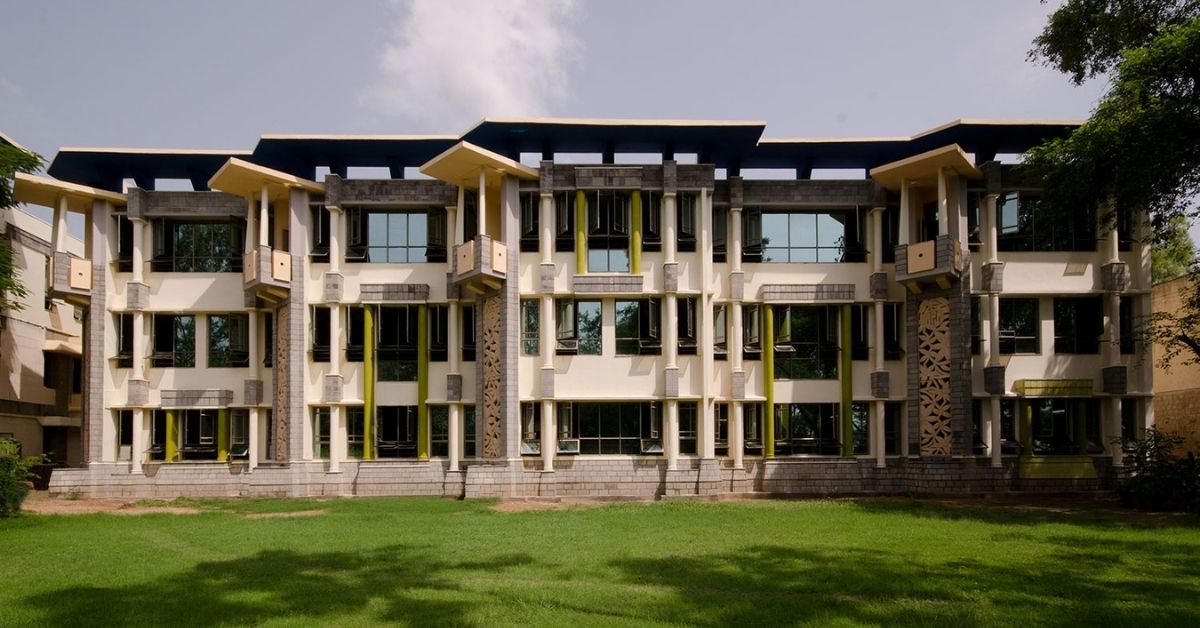We often associate the Olympics with physical prowess, athleticism, and the thrill of competition. But behind the scenes of every medal ceremony, there’s a world of numbers, calculations, and strategic thinking. One particular Olympic event that celebrates these intellectual feats is the International Mathematical Olympiad (IMO).
Olympic Math: The Mind Games of Mathematics
Unlike the physical Olympics, the IMO is a battle of brains, not brawn. It’s an annual competition for high school students where the gold, silver, and bronze medals are awarded for mathematical brilliance, not athletic achievements. It’s a platform where young minds from around the world come together to solve complex problems that would challenge even seasoned mathematicians.
How Does it Work?
The IMO is a two-day event with six challenging problems to be solved. Each problem is worth seven points, making a total of 42 points possible. The competition is fierce, with students from over 100 countries participating. The scoring is meticulous, and expert mathematicians carefully evaluate every solution.
A student must score between 31 and 42 points to win a gold medal. Silver is awarded for scores between 24 and 30, and bronze for those between 19 and 23. While individual performance is crucial, the collective effort of a team also matters. The total score of a team determines its overall ranking.
The IMO is not only a platform for showcasing mathematical talent but also offers significant recognition and rewards for its participants. Medals are the most visible form of recognition, but the competition also serves as a stepping stone for students aspiring to pursue mathematics at higher levels. Winning a medal at the IMO can significantly enhance a student’s college applications, demonstrating their commitment and proficiency in mathematics. Furthermore, participants gain invaluable experience, networking opportunities, and friendships that often last a lifetime.
The Titans of Mathematics
Over the years, certain countries have consistently excelled at the IMO. The United States, China, and South Korea have been the dominant forces, frequently securing the top spots. However, the competition is always tough, and new challengers emerge every year.
India has shown significant improvement in recent years, consistently securing a place among the top ten nations. The country’s performance in the 2024 IMO was particularly noteworthy, with India finishing in the fourth position. This is a testament to the growing mathematical talent in the country.
Olympic Math: Inspiring the Next Generation
The IMO is more than just a competition; it’s a platform to inspire young minds. Seeing their peers excel at such a high level can ignite a passion for mathematics in young students. It encourages them to think critically, problem-solve, and develop a love for numbers.
Conclusion
If you have a child with an aptitude for mathematics, consider nurturing their talent. Please encourage them to participate in math competitions, puzzles, and problem-solving activities. Multiple resources are available online and in libraries to help them develop their skills.






